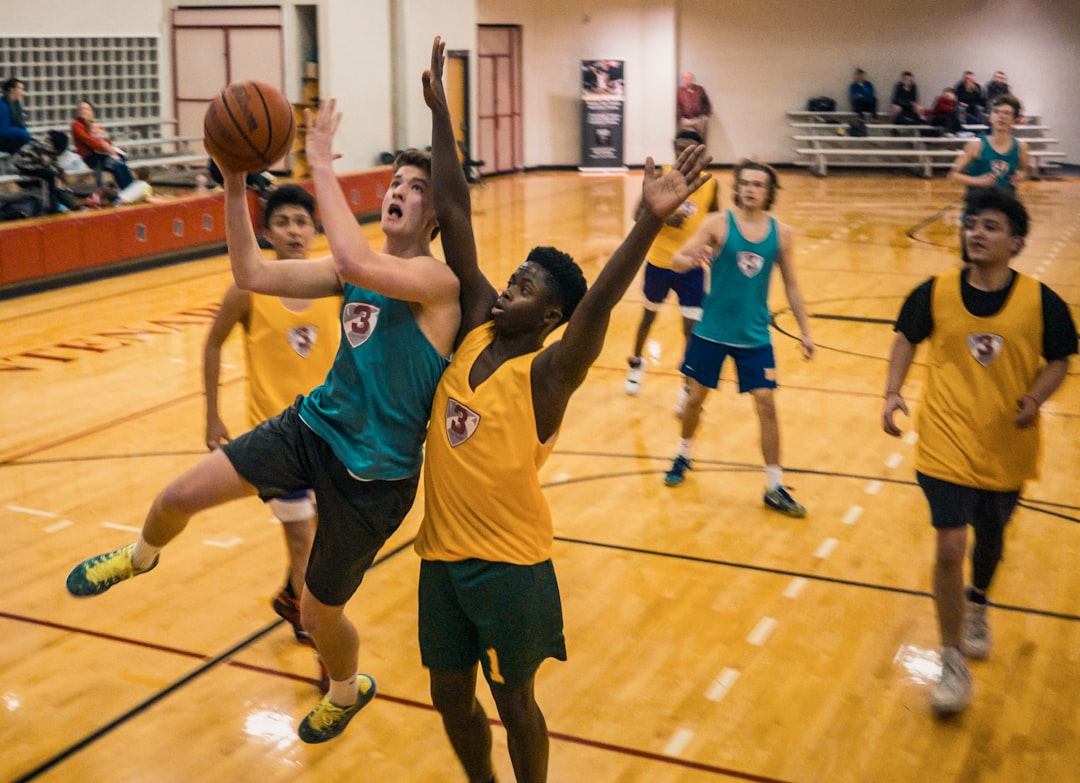What is it about?
The total, state-selective, and angular-differential cross sections for collision systems with different nuclear symmetries in warm dense plasmas are studied by using the two-center atomic orbital close-coupling method in the energy range 0.1–300 keV/u. The calculations are performed for plasma density and temperature ranges typical for the H- and He-rich white dwarfs. The plasma environments are described by a unified screened potential involving electron degeneracy, finite-temperature gradient, and exchange-correlation effects. The discrepancies of plasma screening effects on the electron capture dynamics for collision systems with different nuclear symmetries are investigated. Moreover, classical Debye screening results are also given for comparison to clarify the effects of quantum correlations in warm dense plasmas on the electron capture dynamics. The present work is expected to provide theoretical and data support for the astrophysical plasmas.
Featured Image

Photo by Melanie Magdalena on Unsplash
Why is it important?
The results for the heteronuclear and homonuclear collision systems are presented for comparison to elucidate the discrepancies of plasma screening effects on the electron capture dynamics for the cases with different nuclear symmetry. The angular-differential cross sections with rich oscillatory structures in plasma environments are also presented to study plasma screening effect on the quantum interference in electron transfer dynamics. Moreover, classical Debye screening results are also given for comparison to clarify the effects of quantum correlations in warm dense plasmas on the electron capture dynamics.
Perspectives
The oscillatory structures observed in angular-differential cross sections for no screening cases stem from the coherent interplay of small- and large-impact parameter trajectories. For the screening cases, the contributions of these trajectories on the angular-differential cross sections will be influenced by the short-range character of the screening potential. Therefore, it is of interest to investigate the angular-differential cross sections in a plasma environment.
Guopeng Zhao
Jiaxing University
Read the Original
This page is a summary of: Total, state-selective, and angular-differential cross sections for electron capture in He2++H collisions in warm dense plasmas, Physics of Plasmas, July 2022, American Institute of Physics,
DOI: 10.1063/5.0095573.
You can read the full text:
Contributors
The following have contributed to this page










